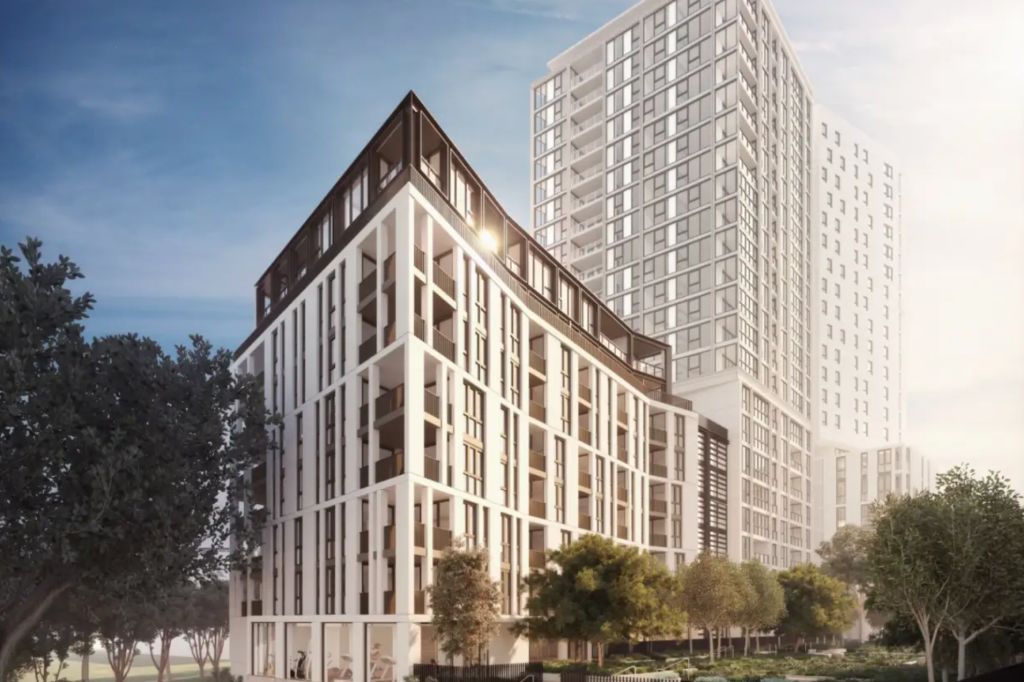
No concession on BTR tax, Productivity Commission says
The Productivity Commission report into housing and homelessness will disappoint build-to-rent developers by declaring the federal government should not reduce the 30 per cent withholding tax that keeps foreign investors out of the growing sector.
The independent agency’s review of the National Housing and Homelessness Agreement, to be published on Friday, says governments “should not try to tip the scales” in favour of institutional investment.
The commission’s arguments are likely to deepen a standoff between the industry and federal government over the higher tax rate applied to foreign investors in so-called managed investment trusts, which is double the rate applied on hotel and student accommodation investments.
Super funds and other institutional investors – as they told The Australian Financial Review Property Summit last week – are pushing for greater tax concessions that will allow them to expand commercial build-to-rent housing, currently a premium product, into a more mass-market offering.
At the same time, the federal government wants them to put their funds into social and affordable housing – a form of build-to-rent that needs topping up to cover the rental yield gap.
The commission’s report says such a subsidy for the commercial residential sector did not fit with its principles for housing assistance as it would be tied to a property, in contrast to the idea that subsidies should give residents more flexibility to move as they needed to for work or other purposes.
The report argues that BTR subsidies are poorly targeted, as most tenants were in the mid-high income range, and they did little to encourage construction of additional housing but rather diverted resources out of other housing types.
“In some areas with large corporate landlords, concerns have been raised about high eviction rates and poor landlord behaviour,” the report says.
“Issues with rental affordability and security of tenure are better addressed by removing barriers to supply more widely, providing targeted income support for low-income renters and reforming tenancy regulation.”
Productivity Commissioner Malcolm Roberts said the build-to-rent sector was growing and had potential, but did not merit special tax treatment.
“The government shouldn’t be distorting the tax or the planning or other systems at the expense of other construction to support build to rent,” Mr Roberts told The Australian Financial Review.
It was also important to see how tax changes being made on the sector at state level affected its development, he said.
“Governments are experimenting with some tax changes to see if they can stimulate build to rent,” Mr Roberts said.
“Looking at NSW and Victoria, they’re offering discounted land tax to some BTR projects. That’ll give us an idea around how cost-effective those changes are, whether they really do deliver additional investment and at what cost. We’re just being too cautious about that, and saying that it’s part of the mix.”











